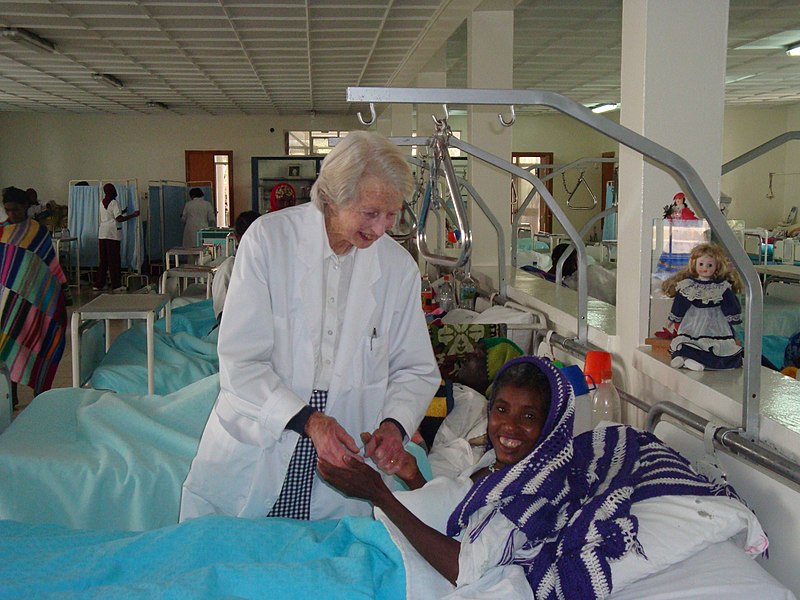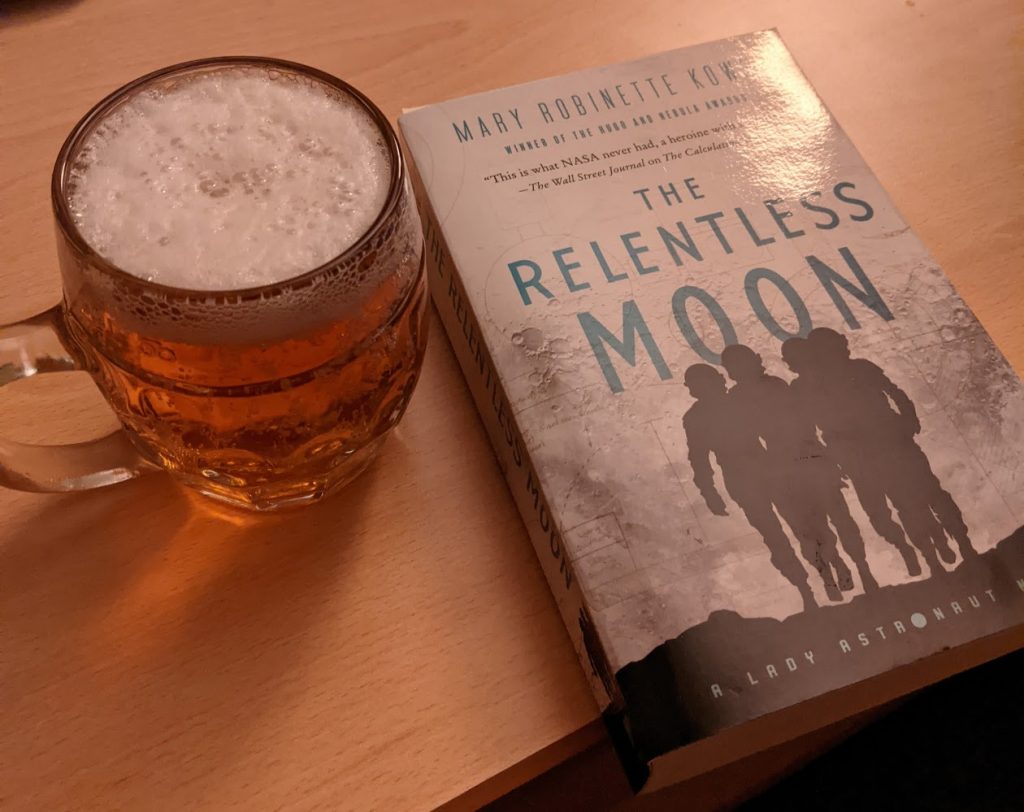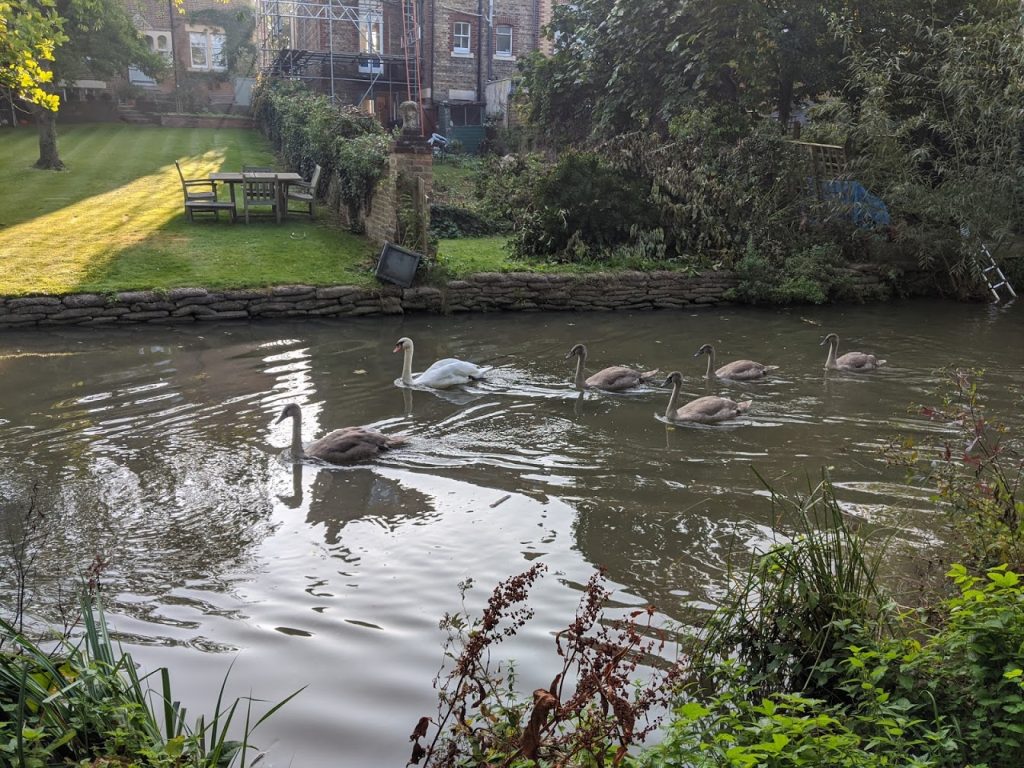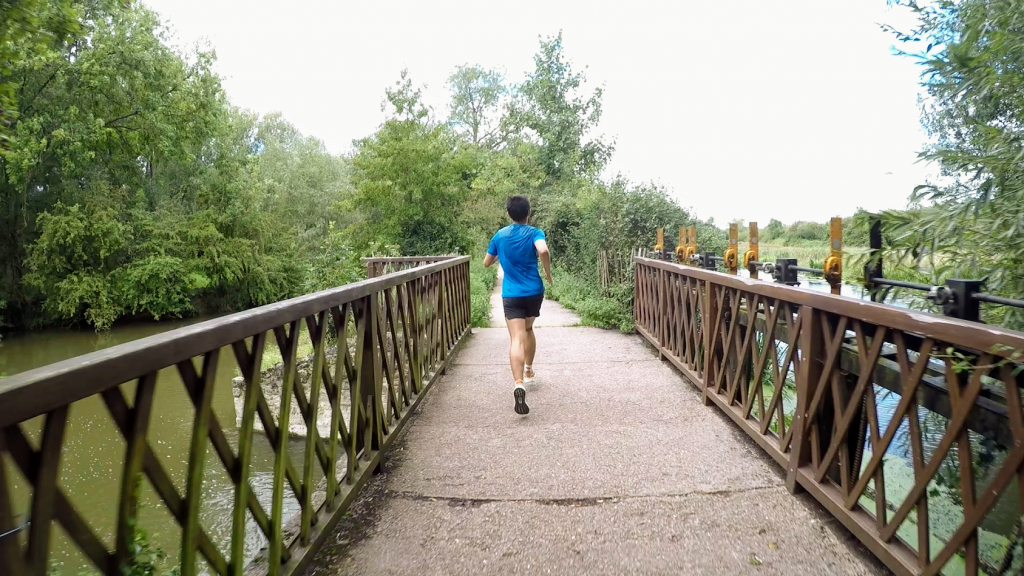Political news is loud this week, as we approach a presidential election in the United States of America, and locally England enters a month long lock down. On Tuesday the US will likely elect Joe Biden to replace Donald Trump as president of the United States. This will make President Biden the oldest person at the start of their presidency, a record currently held by Trump. As the leader of the free world ages, and the polarisation of America’s politics grows more divisive, the ever less inspiring presidential debate becomes ever less relevant. It is in reading about the last four years under President Trump that I realise, uncomfortably, that my future no longer leads to a life in the United States. In this post I explore this idea.
The American Dream
For most of my life, the United States looked to be the leading country in the world. It was an American flag that flew on the moon, Hollywood told stories from the American perspective, American soldiers protected the weak from tyranny, and American universities were home to the world’s leading researchers. I was a high school student when the election of Barack Obama on a platform of hope looked to be a rejection of a racist past. The promise to fix a broken health care system and an acknowledgement of the burden of climate change made me feel optimistic in a world of cynicism following the Iraq War and the financial crisis. I first visited the US in 2012, and was enthralled at the sense of opportunity as I lived on the energising chaos of Silicon Valley Hackerspaces. I think fondly of my time in New York and Boston in 2014, every new relationship a wonderful opportunity to learn. The mix of cultures, of passions, and the uniting desire to do something made me feel that this ought be home.
Hard Work and Sacrifice
Americans work hard. Compared with Europeans and Australasians they take fewer holidays, they work more hours. They set ambitious goals. The technological prowess of the United States is most famously demonstrated by the space program. NASA continues to be science’s most recognisable and captivating brand.

I have a sense that science no longer occupies the pedestal it once held in the US. Disinformation in the name of free speech, and scepticism without rational thinking, are symptomatic of a failing education system. Whilst migrants are common amongst the top scientific researchers in the US, the Trump administration has made it harder to employ skilled migrants.
Some of the hardest work to be done in the US is mending a racially and politically fractured society. Consider the following:
Racial harmony is not going to come by us holding hands and singing Kumbaya. That understanding has to be earned, it has to be worked for, and there are sacrifices involved and I think that breaking isolation requires work and sacrifice.
Barack Obama speaking at the Cambridge Public Library. 20 September 1995
Obama’s opponent in the 2008 presidential race was John McCain, who sought to quell fears rather than stoke them during his time on the campaign trail.
I have to tell you, he [Obama] is a decent person, and a person that you do not have to be scared of as president of the United States.
Senator John McCain at a rally 10th October 2008
Trump has vindictively and cynically stoked the same racial tensions, and appealed to the worst aspects of the Republican base.
More thoughts to come later.
Photo from the Week















